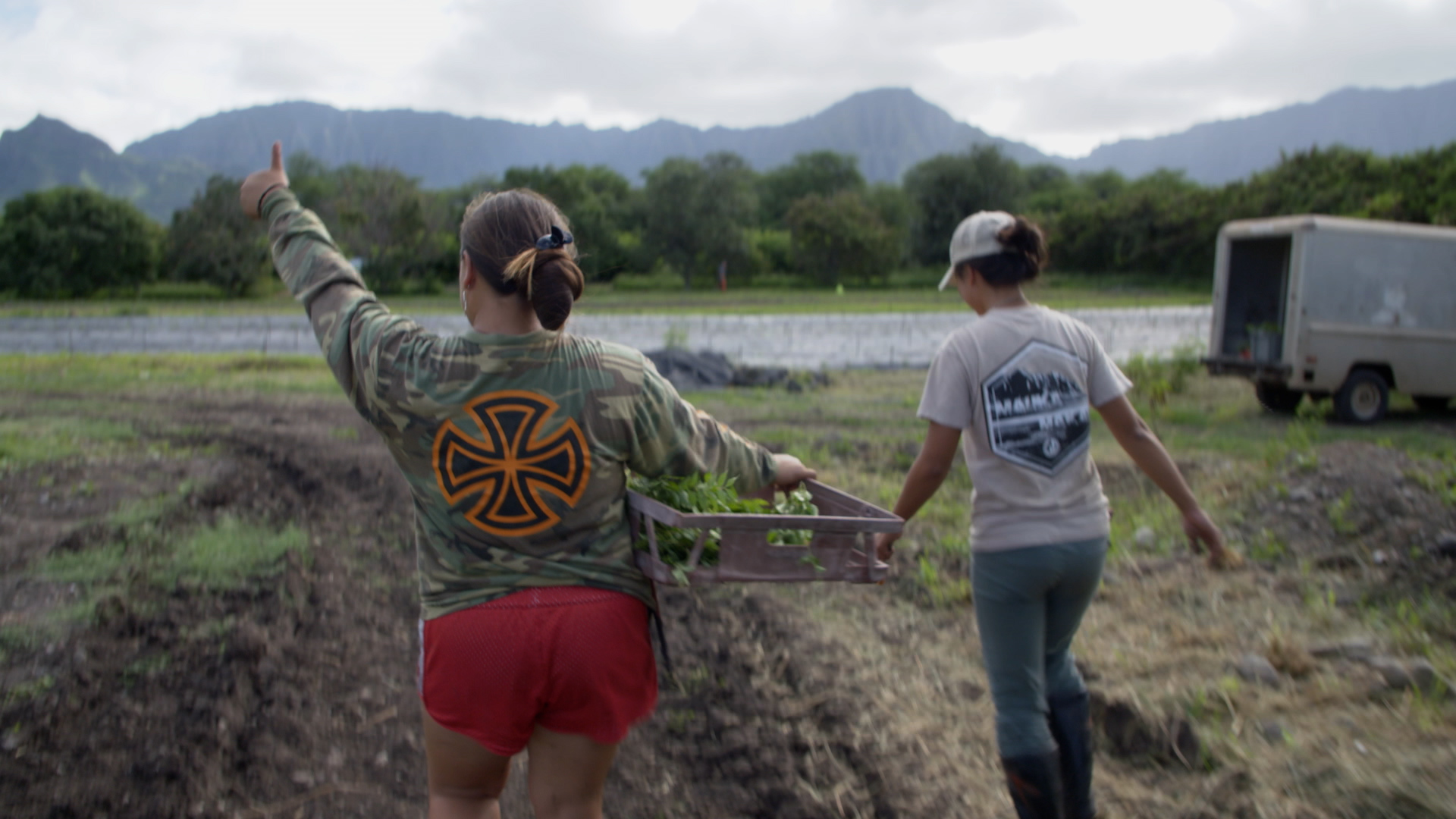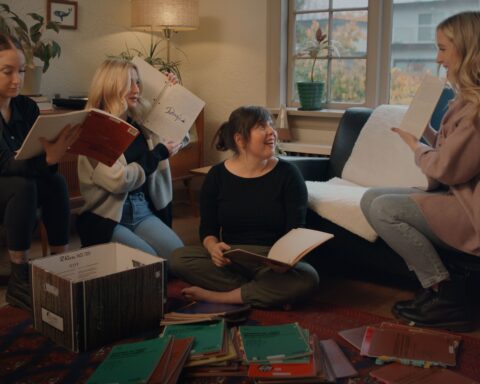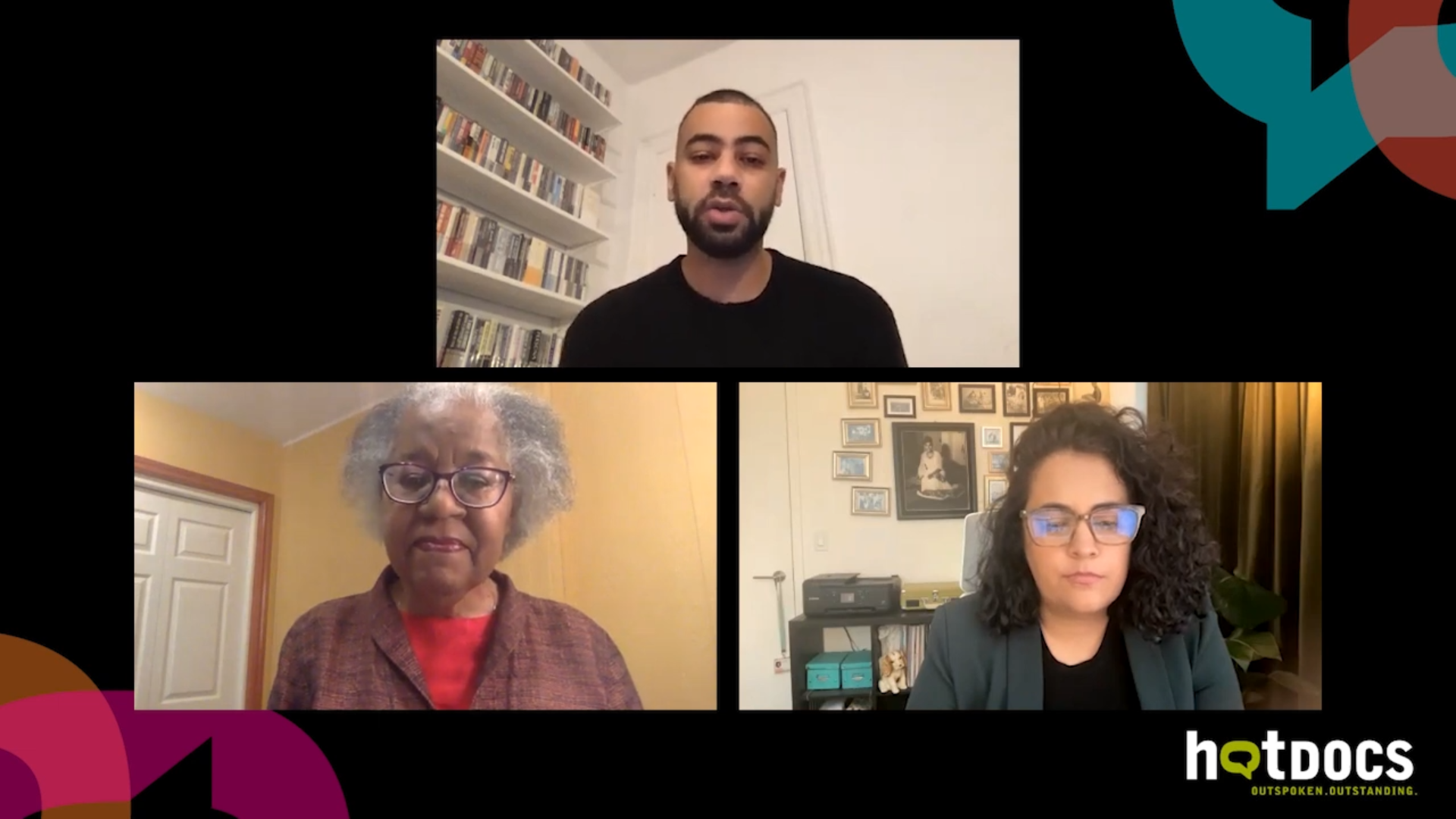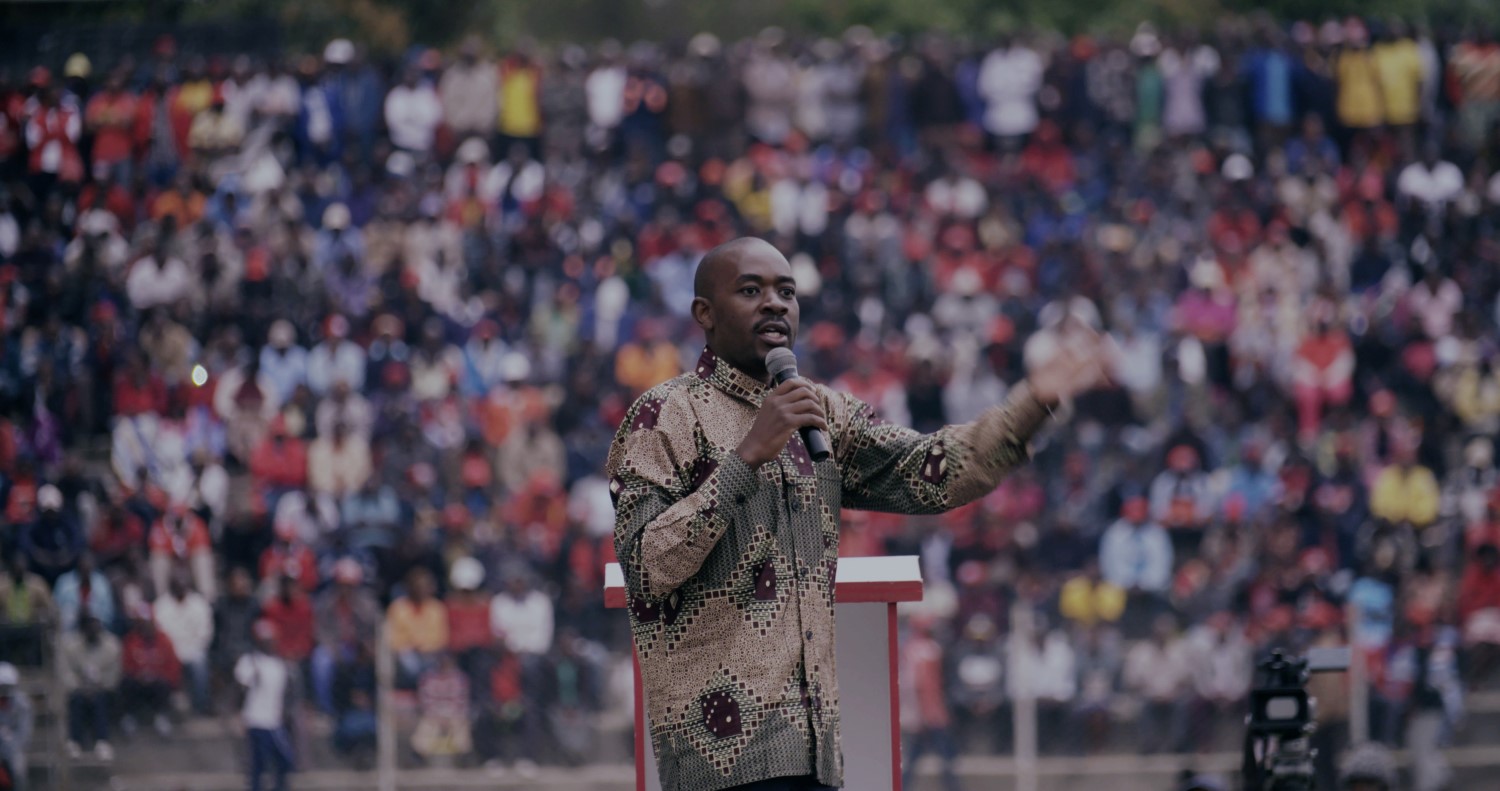Trek way up north either virtually or in person to explore the Available Light Film Festival. This year’s edition of the Yukon Film Society’s festival takes place in a hybrid edition. Moreover, ALFF 2022 features docs galore with a mix of festival favourites and hidden gems. ALFF boasts a notably strong presence for Canadian and Indigenous stories with docs such as Last of the Right Whales touching down before it opens in theatres, as well as Hot Docs audience favourite Fanny: The Right to Rock, the Indigenous dance doc Firestarter, multi-award winner Returning Home (which scored top prizes at festivals in Vancouver, Calgary, and Edmonton), Kímmapiiyipitssini: The Meaning of Empathy, Dropstones, and Nuisance Bear.
Many of the docs are available nationwide, although some are on hold for provinces in which they have let to screen locally. To help readers take a trip up north, here are five docs worth catching at the 2022 Available Light Film Festival.
Rob Is Analog
In theatre Feb. 15 at 7:15 pm | Also screens online
Readers can get an offbeat taste of northern living in Rob Is Analog. This eclectic character study follows Rob Hopkins as he endeavours to secure a CRTC licence for community radio and television (and, eventually and controversially, porn). The doc by Jessica Hall finds a great character in Hopkins, who embodies the spirit of community and the mischievousness of a true pirate. Rob Is Analog draws upon Hopkins DIY spirt to explore how older technologies and forms of communication endure as Hopkins deconstructs boxy televisions and fiddles with a “Watchman” (a portable TV equivalent to the Sony Walkman) to tap into the reach of the local signal.
Moreover, Hopkins’ effort and choice to take it upon himself to start the community radio and analogue TV, demonstrates how the shift to digital communication leaves some Canadians in the dark. At the heart of this old soul is a belief in the democratic potential for media. The doc effectively evokes Hopkins’ ramshackle spirit.
DƏNE YI’INJETL | The Scattering of Man
In theatre: Feb. 19 at 4:00 pm | Also screens online
Two docs at Available Light tackle the impact of the W.A.C. Bennett Dam on the Peace River and the Indigenous communities in the surrounding B.C. areas. Heather Hatch’s Wochiigii Io: End of the Peace and Luke Gleeson’s DƏNE YI’INJETL | The Scattering of Man. This doc observes the fight of the Tsay Keh Dene Nation in the face of environmental and cultural devastation. Both films explore the relationship between community and activism, and the sense of responsibility that Indigenous communities have for the land after raising families on it for generations, whereas settler groups tend to see the landscape as a mere opportunity for harvest.
“While the Tsay Keh Dene Nation’s resilience is remarkable, the film stings with the desire for them to have never had to deal with it at all,” wrote Madeline Lines while reviewing the film at RIDM. “Despite this, the Nation refuses to end their story that way. The community continues the effort to heal and revitalize their culture, traditions, and the continued care of the land. In taking the narrative into their own hands, the Tsay Keh Dene Nation has woven a nuanced account of their troubled yet triumphant history like no exhibit or article ever could.”
zo reken
Screens online
Take a ride with this hit from the Canadian festival circuit if you missed it! Emanuel Licha’s zo reken won the awards for best Canadian feature at both Hot Docs and RIDM last year. That’s a rare feat, but further proof that zo reken is a unique piece. The film explores the dynamics of colonialism in Haiti as seen through the travels of the off-white Toyota 4×4 Cruisers that offer taxi rides around Port-au-Prince. Licha finds a unique perspective of the city as the cameras observe everyday encounters and dialogue laced with the nation’s past.
“By never identifying the individuals the driver converses with and relying on voiceovers from the talk radio station to set the volatile climate, Licha forces the audience to really focus on the discussions at hand. Broaching everything from the failings of President Jovenel Moïse to the state of the education system to the sexism that has forced many women to work hard, there is plenty to chew on in the film,” wrote Courtney Small while reviewing zo reken at Hot Docs. “Offering a unique and intimate portrait of both a nation and an international aid model in desperate need of change, zo reken is an absorbing work.”
Food for the Rest of Us
Screens online
Available Light offers some food for thought with this documentary directed by Caroline Cox. Food for the Rest of Us examines the interconnectedness of foood sustainability and human rights movements. The doc considers different, but not dissimilar fights: Black Lives Matter, Idle No More, Times Up, and the gay rights movement. As Cox learns how various farmers, urban green thumbs, and activists draw from the land to provide for local communities, the subjects express how their push for a better world is inextricable from the forces that govern food access and sustainability. But they’re also indicative of how the ability to provide for oneself and for one’s family inevitably spills into larger human rights issues, especially as they relate to equity and opportunity.
The film introduces audiences to memorable characters who explain their practices, as well as the philosophies that drive them. This is a perceptive character-driven film that illustrates how we’re all essentially collective in a larger movement: that to preserve the land and to provide for generations to come.
Map of Latin American Dreams
Screens online
This year’s Available Light Film Festival offers the Canadian premiere of Martín Weber’s Map of Latin American Dreams. The doc chronicles the travels of the Chilean-born filmmaker, who was raised in Argentina, as he ventured across Latin America for two decades. The film reflects upon Weber’s encounters during those travels in which he asked people from nation to nation to share their hopes for the future.
This visually striking work draws upon the photographs that Weber took during his travels. He now searches for the subjects of these portraits to see if their dreams come true. As he retraces his journeys, he encounters faces both familiar and new. Together, these perspectives shape a sense of Latin America’s trajectory: how have things progressed in the ensuing decades? Why do some dreams materialise while others evaporate? Why do people continue to dream while others give up hope? These questions ripple throughout Weber’s quest as the inquiry into dreams ultimately serves as a consideration of happiness, peace, equality, and freedom.














